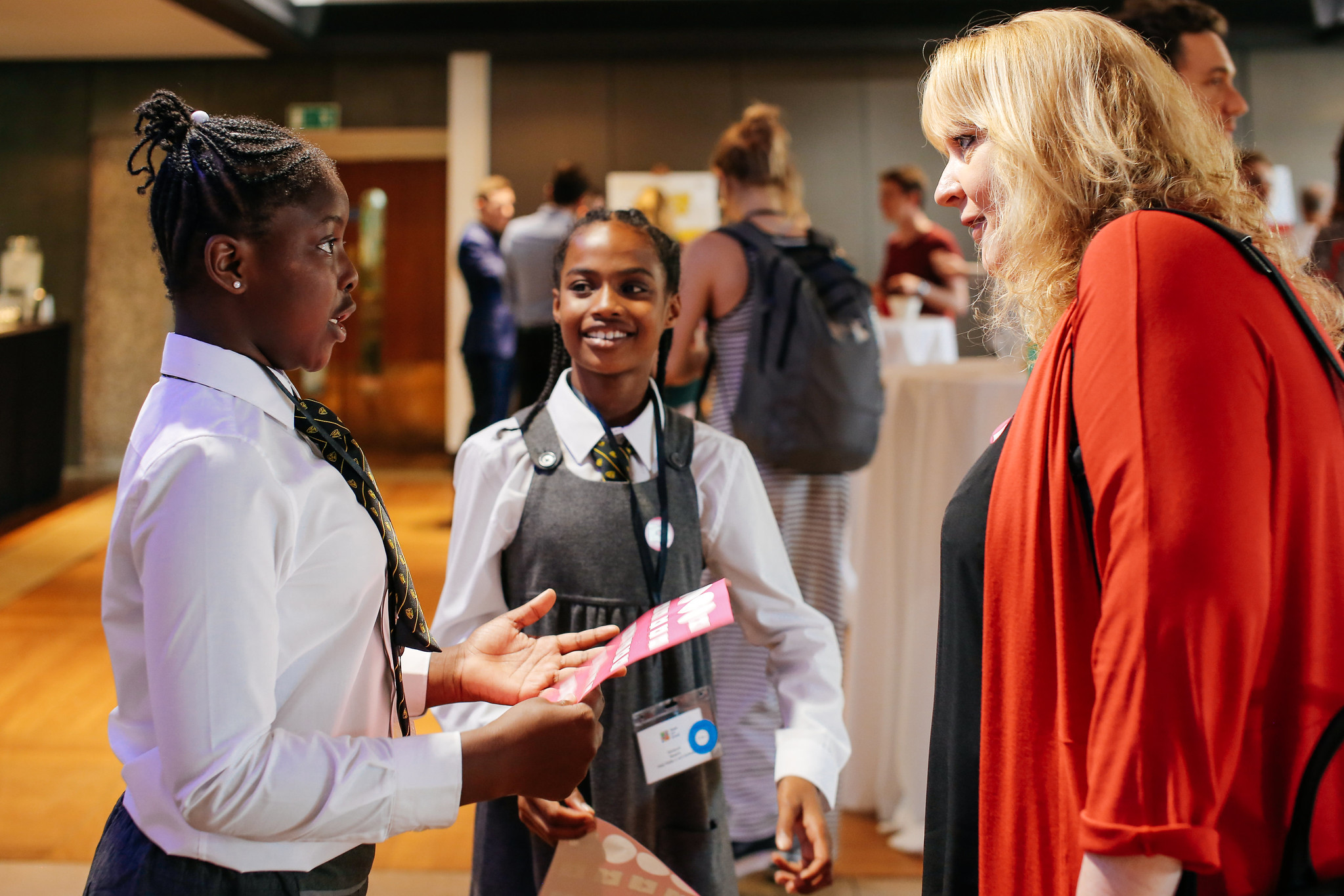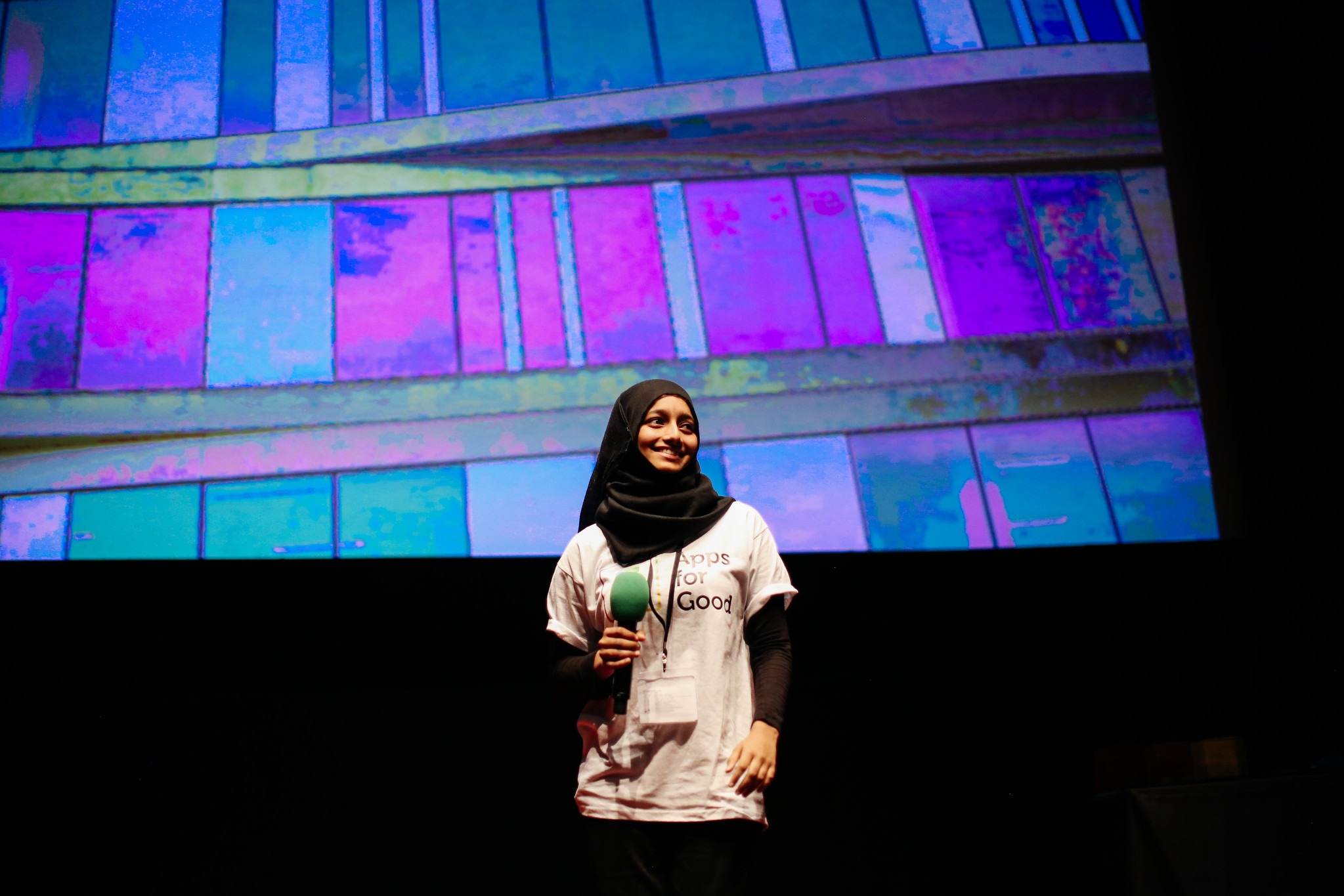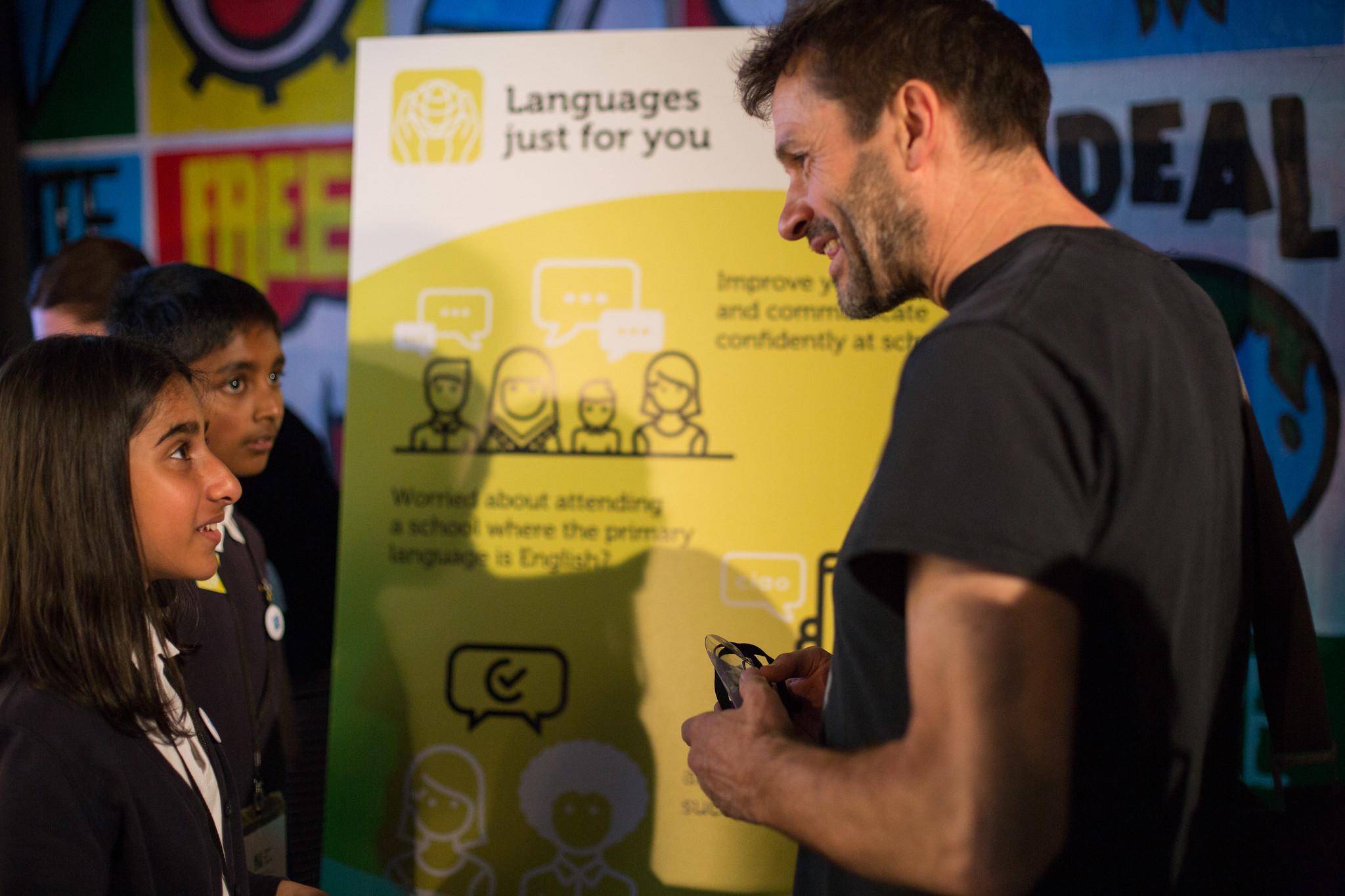Apps for Good Impact shows there is power in diversity

Innovation doesn’t recognise postcodes. Apps for Good proves that and gives children from all over the outlet to explore their creative ideas with technology”
Every year we take the time to look back at the impact that we’ve had on our schools and education. We have long been proud of our reach to young people in challenging circumstances, and those who don’t traditionally engage with technology.
From the very first year we ran our courses 50% of our students have been girls, and we’ve seen them flourish with the direction of their teachers, the industry experts and with our courses. In 2019/20, 67% of female students that took part in the AfG programme said that they would be more interested in a career in the technology sector.
The tech industry is still seeing a tiny percentage of women taking up roles in tech: just 16% of UK IT professionals are female, and female students only account for 15% of overall entries to Computer Science A-level.

We are extremely proud that we’ve been able to reach students that need us the most. 61% of our schools are facing challenging circumstances, such as having a high proportion of students receiving Free School Meals. Just under half of the schools that we’ve worked with since 2010 are in the 30% most deprived regions in the UK, and three-fifths are in the 50% most deprived regions. That means that our schools are mostly in areas classified as having high unemployment rates, poor access to facilities and high crime rate.
We believe that it is vital to increase access to life skills for all children in the UK. In the past year alone the learning gap between the poorest and richest children has increased by 46%, according to the National Foundation for Educational Research. Currently, only 36% of millennials feel they have the knowledge and skills they need to thrive in the economy.
We need a tech sector that works for everyone and doesn’t just reinforce existing barriers. This means making sure that all children get access to the skills they need to succeed and that they see a place for themselves in the industry. Among many things diverse workforces mean diverse problem solving, allowing for better solutions and highlighting of opportunities to tackle the full range of social, environmental and community issues that need addressing.

We spoke with Emma Darcy, Director Of Technology For Learning at The Chiltern Learning Trust, Denbigh High School and she said of her Apps for Good experience, “Luton sometimes receives very undeserved negative press coverage. It’s been wonderful to have an inspirational programme that proves to all of our pupils, regardless of age or ability, that they can achieve whatever they want, as long as they believe it.”
One of our long time experts Bob Schukai, Senior Vice President, Identity Solutions at Mastercard also talked with us about the importance of looking outside of London for innovation. “Innovation doesn’t recognise postcodes, and Apps for Good proves that and gives children from all over the outlet to explore their creative ideas with technology... It’s so important to have something that is truly diverse across gender and economic background. It lets anybody be a part of it and succeed on the big stage!”
This innovation is what makes the products the Apps for Good students make so unique, we have young people coming up with solutions to problems that really make a difference to their community and to the world.
If you want to learn more about the impact that Apps for Good has on teachers and students, we have created a page showing a ten-year holistic view and you can take a look at our most recent impact statistics here.